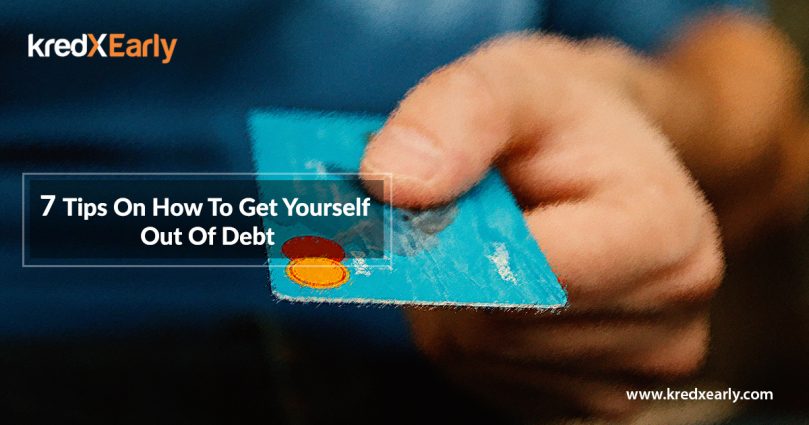
Seven Tips From Experts On How To Get Yourself Out Of Debt
Being in debt is stressful and can negatively affect the quality of your life. It can be so overwhelming that you go into a loop of mounting debts to drown your worries in momentary spending. As you know, this is a destructive cycle and will only do more harm than good. But, not all is lost! It is important to be objective about this and come up with a plan before you drown in it.
Here are some tips from experts to help get yourself out of debt.
Stop borrowing money
If you want to find your way out of debt, you need to make a conscious decision to stop borrowing money. It is important to live within your means even if it means that you have to cut corners. Be sure to stick to this else you’ll find yourself falling back on your old ways.
Start an emergency fund
Imagine this. You’re trying to fight your way out of debt, but lo and behold. An emergency crops up that requires you to pay up immediately. What do you do? Reach for your credit card like usual. This right here is the problem. You’ll only be mounting your debts the more you use your credit card. Granted, that an emergency situation demands quick money but if you keep allowing that to happen there will be no way out of debt. Start saving and set aside some money for emergencies, so that you don’t have to rely on credit cards or friends to pull you through rough times.
Create a budget
It is important to note down your monthly expenses and follow it to the T! The goal is to have a surplus of cash left after your essential expenses so that you can pay off your debt. If there is no surplus, you could either trim your expenses or find an alternative source of income to get you going. If you have a habit of hoarding, use them to create additional cash by selling them in an online second-hand marketplace. As soon as you have extra cash in your hand, use it to directly pay your debt.
Prioritise your debts
Try and pay off debts that attract the highest interest rates. Organise your debts in descending order where you clear debts with higher interest rates and clear ones with low interest rates at the end. This not only helps give it a structure and a plan but also helps save you money. If in case you have credit card debts, use the same approach but do not close them once you clear them as it will only further hurt your credit rating.
Once you have a plan in place, regularly monitor and review it to make sure you’re making progress. Keep a close eye on your credit rating and remember to stick to your plan till your debt is paid off!



